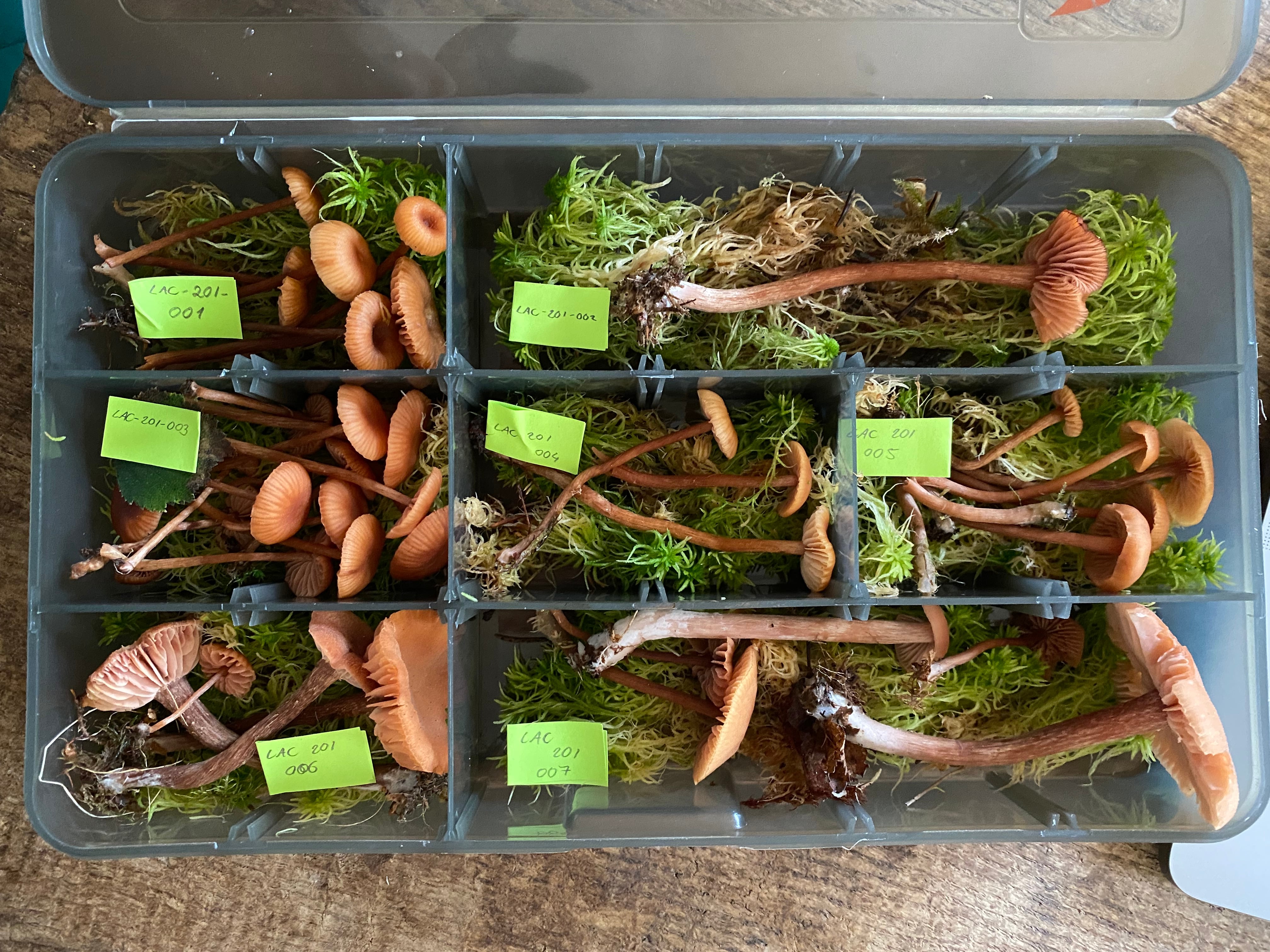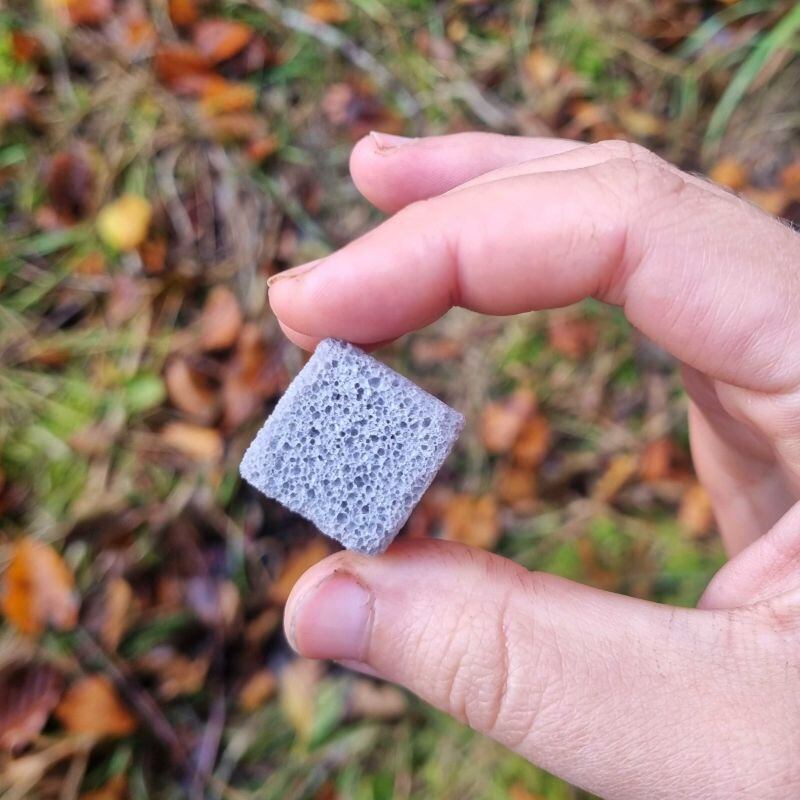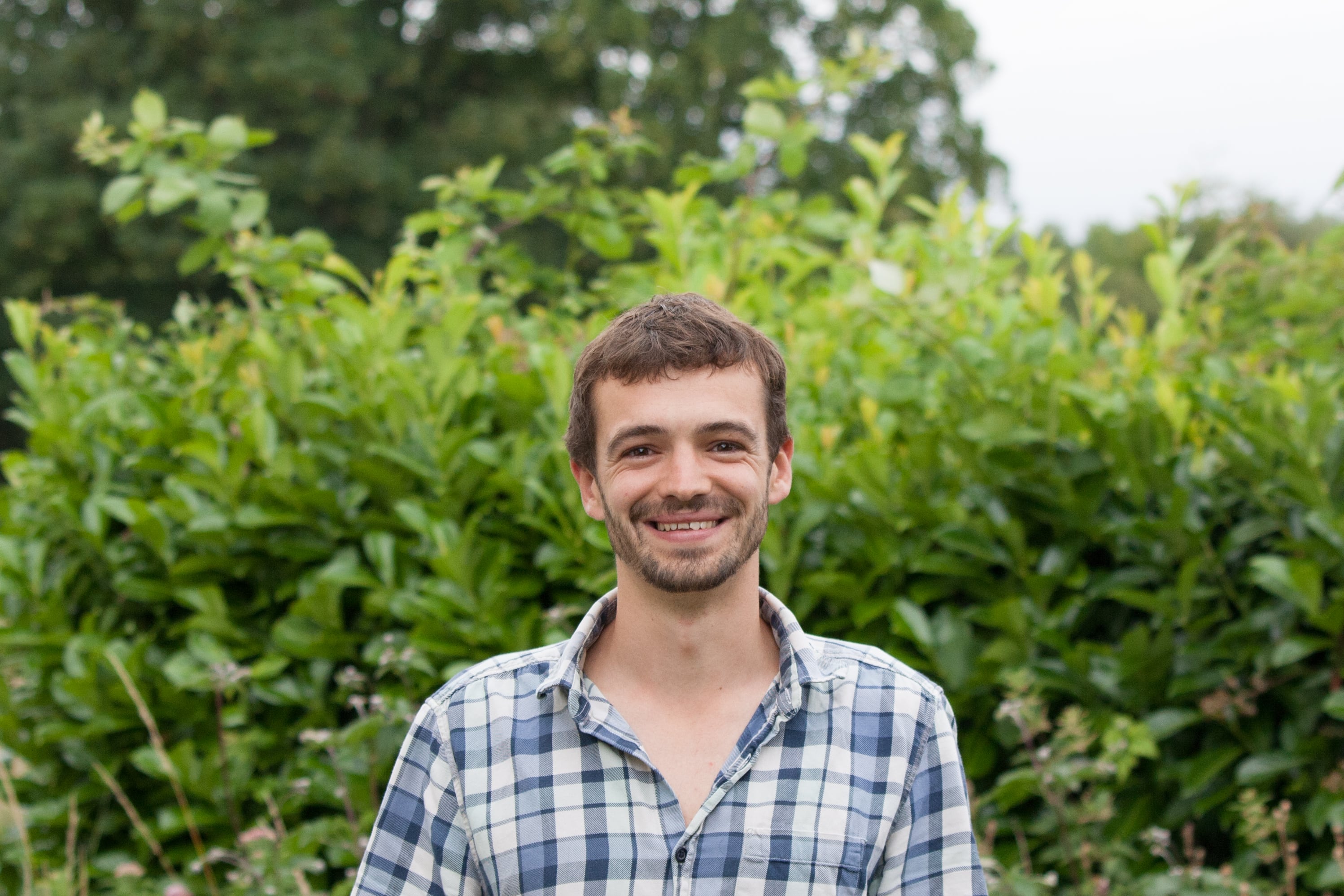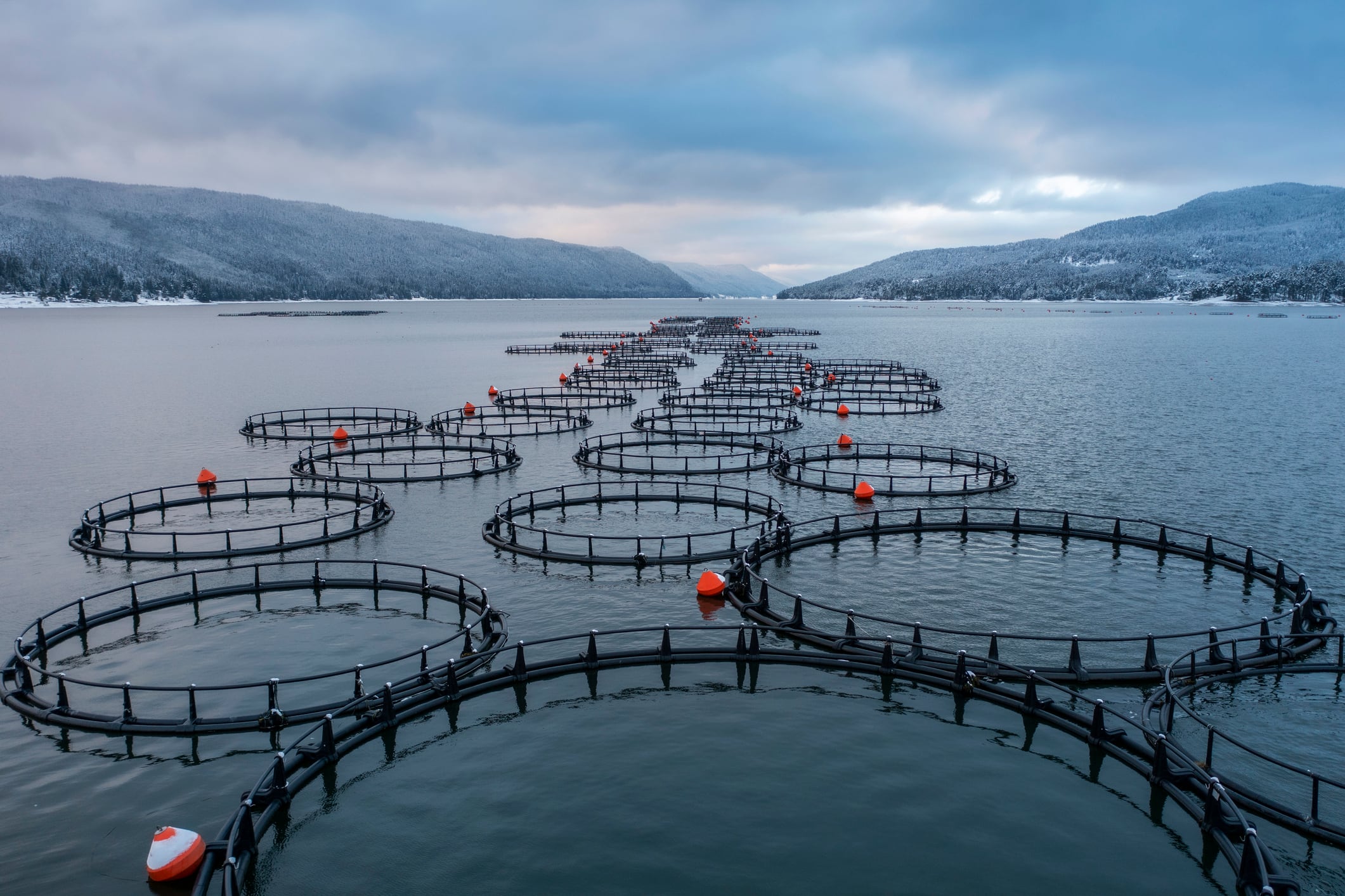Scottish biotechnology firm Rhizocore Technologies has secured £4.5 million to accelerate its innovative approach to forestry and woodland restoration. The company’s technology leverages Ectomycorrhizal (ECM) fungi, which form symbiotic networks with tree roots, improving nutrient and water uptake during the critical early stages of growth.
Drawing on one of the world’s largest living fungal libraries, Rhizocore selects high-performance strains tailored to each planting site. Its flagship product, RhizoPellets™, has delivered what the company calls “unprecedented” results across diverse landscapes.
Proven results: survival rates soar, growth accelerates
Field trials have demonstrated striking outcomes. Forestry and Land Scotland reported a 97% survival rate for treated trees compared to 78% for untreated saplings – a relative improvement of 25%. At a site managed by Trees for Life, Downy Birch saplings grew 13 times faster than control and fertilised trees after just 12 months.

“Our results are pretty consistent,” said Dr Toby Parkes, Rhizocore’s founder. He told AgTechNavigator: “We tend to see an increased growth rate of trees of around 20% in the first years after planting and we are seeing mortality on most sites halving. We’ve now got results showing these outcomes on ex-pasture land, clear-felled forestry sites, upland moors, ex-mining sites and even high altitude restoration sites, with tree species ranging from native oak and birch to commercial Sitka spruce trees.”
The science behind the success
Founded in 2021 through the University of Edinburgh and Deep Science Venture’s FAST programme, Rhizocore operates more than 100 active field sites. Its cryogenically preserved fungal library enables precise strain selection tailored for different soils and tree species.
“We run a screening programme where all our strains are tested in different combinations of soils and with different tree species,” Parkes explained. “We now have data from multiple field sites across the UK. All of this data feeds into a central database that is attributed to a single, DNA-verified strain. When customers buy from us, we ask them for soil, location and tree data, and we use an internal algorithm as well as our mycologists expertise to select the best strains and species for the planting site, maximising the outputs we get from our products.”

Funding round signals market confidence
The £4.5m round was led by The First Thirty, a specialist investor in soil health technologies, with participation from Scottish Enterprise, The Grosvenor Estate, one of the UK’s largest landowners, and others including Sand River, Generation-Re, Kibo Invest, and Old College Capital. Parkes called the investment “overwhelming market validation,” noting that two existing customers joined the round.
Demand is already outstripping supply, with Rhizocore’s 2025/26 capacity fully booked. The funds will boost production at its Roslin facility and support entry into the US market, where 1.4 billion trees are planted annually. The company aims to scale pellet production by 10x within the next two years.
“We have to create a new strain library in the US and establish a local screening programme,” Parkes said. “This is all stuff we’ve done before but it takes time to generate the data.”
Economic and environmental impact
Rhizocore’s products deliver clear financial returns by reducing replanting, herbicide, and fertiliser costs, while accelerating carbon revenue and harvest timelines. They also improve resilience to drought and disease.
“Customers make ROI on our product in the establishment phase of forestry in the first 1-5 years,” Parkes said.

The company is now exploring soil carbon sequestration impacts and developing new applications from its fungal library, including water treatment filters that remove nitrates and phosphates from agricultural runoff.
The funding takes the company “a big step closer” towards its mission to “protect, harness, and restore fungal biodiversity,” Parkes said.
Investor perspective
“Our thesis at The First Thirty is that planetary and human health are one and the same—it all starts with the soil,” said Antony Yousefian, general partner at The First Thirty. “Rhizocore demonstrates that enhancing soil biology is not only an ecological benefit, but also a powerful driver of financial returns.”
“At Grosvenor, we believe that mitigating climate change and its impacts is vital,” added Davy Portway, head of venture investment at Grosvenor. “Rhizocore’s locally adapted mycorrhizal fungi solution aligns seamlessly with our sustainability goals.”





